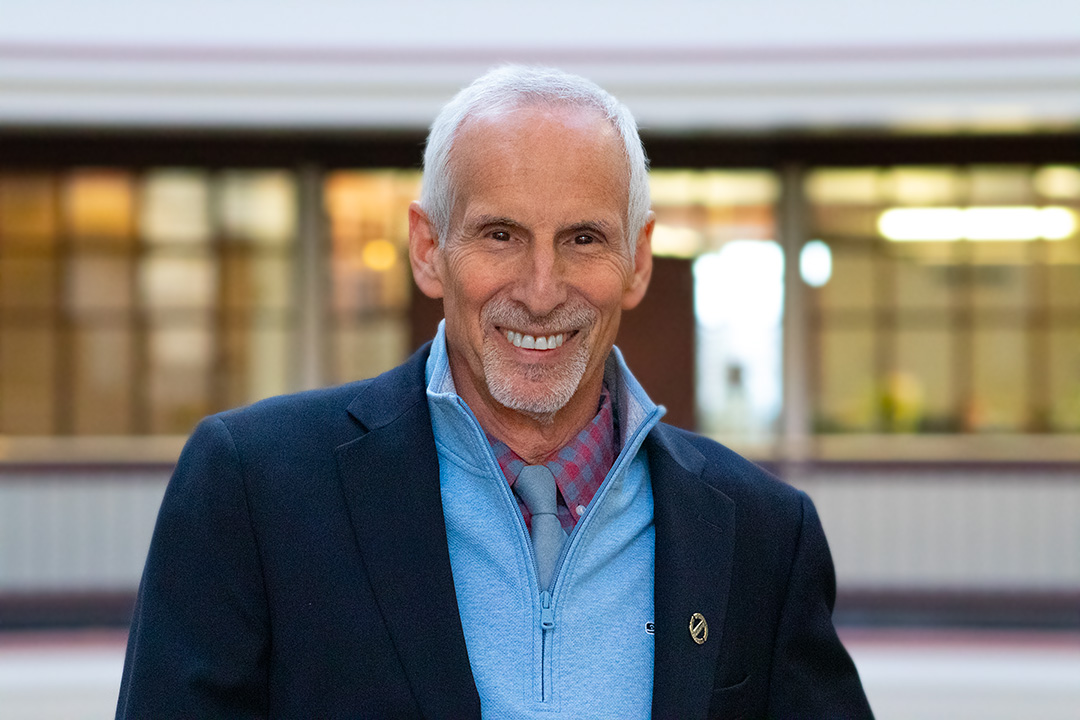Senator Needleman Leads Senate in Allowing Vehicle Charging Stations to Be Financed Under Clean Energy Program
Today, State Senator Norm Needleman (D-Essex), Senate Chair of the Energy and Technology Committee, led the passage of legislation that allows for the Connecticut Green Bank’s Property Assessed Clean Energy Program to finance the installation of zero-emission vehicle refueling infrastructure and resilience improvements on qualifying commercial real estate property. Expanding the Clean Energy Program to cover these installations will play a significant role in making electric vehicle charging stations more accessible, especially in instances like businesses seeking to install infrastructure on their properties.
“To meet our state’s goals of electric vehicle adoption, we need to make it easier for folks to charge their cars to make them a more viable option,” said Sen. Needleman. “By using the Clean Energy Program to finance installation of charging stations on commercial real estate, we make it easier for apartments and businesses to pursue adding these options to their properties. Just as important, the Program will also allow for efforts to protect charging equipment from the elements to come at a lower cost, reducing the effects of climate change on the grid.”
Senate Bill 93, “An Act Concerning The Commercial Property Assessed Clean Energy Program,” allows the financing of installations of zero-emission vehicle refueling infrastructure and resilience improvements on qualifying commercial real property. A “zero emission vehicle” is an electric, hybrid or other vehicle that produces zero emissions of certain pollutants. To qualify, the infrastructure must be permanently fixed to the commercial property.
In public testimony, the Connecticut Green Bank wrote that this legislation would increase the new areas for investments in EV infrastructure and resiliency in Connecticut and bypass a current requirement for infrastructure energy savings to exceed the cost of financing, which is seen as a sticking point as energy savings largely accrue to the drivers of EVs rather than property owners where the charger is installed. It further allows for increased protection and retained quality of the infrastructure against outside issues such as climate change, as such upgrades can be constituted through the Green Bank.
Share this page: